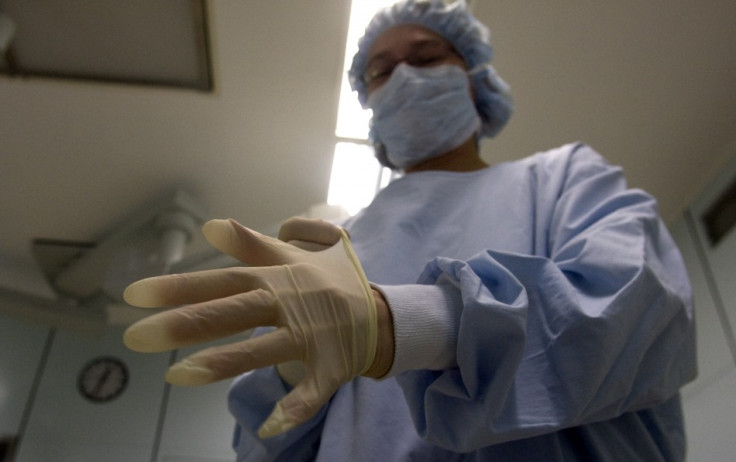Immune cell 'exhaustion' can cause more harm for infection, but is better for autoimmune diseases

Immune cells that are 'exhausted' have the potential to make matters worse for infection but can help further in the battle against autoimmune diseases, new research suggests.
Just one teaspoon of blood is believed to have around 5m T cells in it – the immune cell that protects us against invading bacteria and viruses. Among the T Cells are CD8 T cells, which are at the forefront of the battle against ailments.
A second type of cell – the CD4 helper T cell – is a body which supports the CD8 T cell, also known as the 'general' of the battle as it co-ordinates the immune response.
Both of these cells can become exhausted in the fight against diseases such as cancer and as a result are no longer able to put up a sufficient fight.
However, the research from the University of Cambridge's Institute for Medical Research found that an exhausted response to infection leads to the ailment getting worse, but the opposite is true when the researchers looked at the response to autoimmune diseases – where your immune cells start attacking healthy tissue.
Dr Eoin McKinney, a Wellcome Trust-Beit Research Fellow from the department of medicine at the University of Cambridge and an author of the study, explains: "We know that the way our bodies respond to infection and to autoimmune diseases differs between individuals. In part, we believe this is due to a process known as T cell exhaustion. For effective treatment, we need to exhaust our T cell responses in autoimmune diseases – and hence limit the attack on our body – and to reverse exhaustion when the fight is against unwanted invaders, such as viruses or cancer."
They found that by blocking the inhibitory signals during chronic infection, CD8 cells began fighting again to clear said infection. However, by enhancing the same signals, CD8 cells can become exhausted, thus limiting the damage from autoimmune disease, according to the study published in Nature.
Professor Ken Smith, lead author of the study and head of the department of medicine, says that the findings of this study could prove critical.
He said: "We believe the clinical implications of this study could be profound. A test based on the concept is soon to enter the clinic, and we are exploring new treatments for autoimmunity based on manipulating T cell exhaustion. A focus on T cell exhaustion in cancer has led to a revolution in treatment and a multi-billion dollar industry."
© Copyright IBTimes 2025. All rights reserved.






















